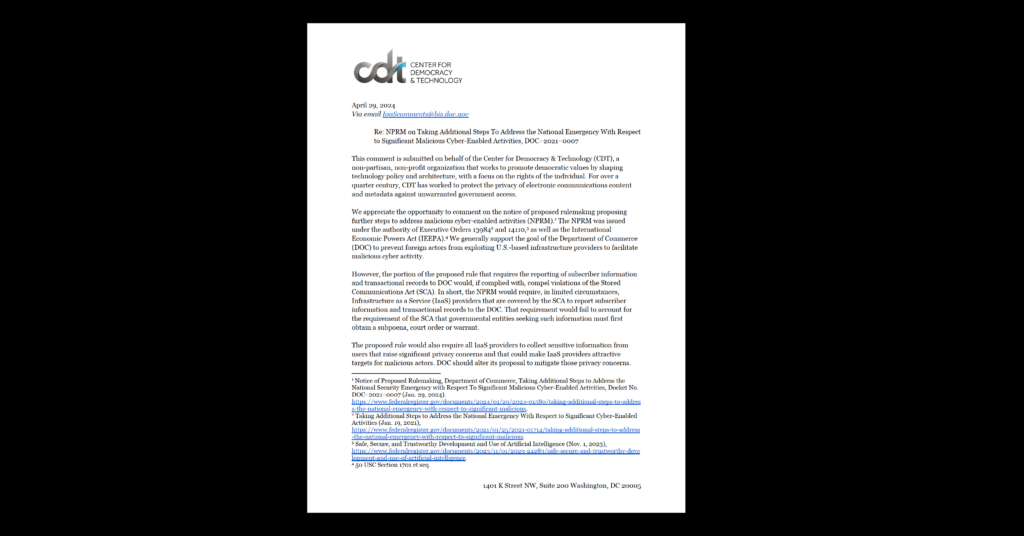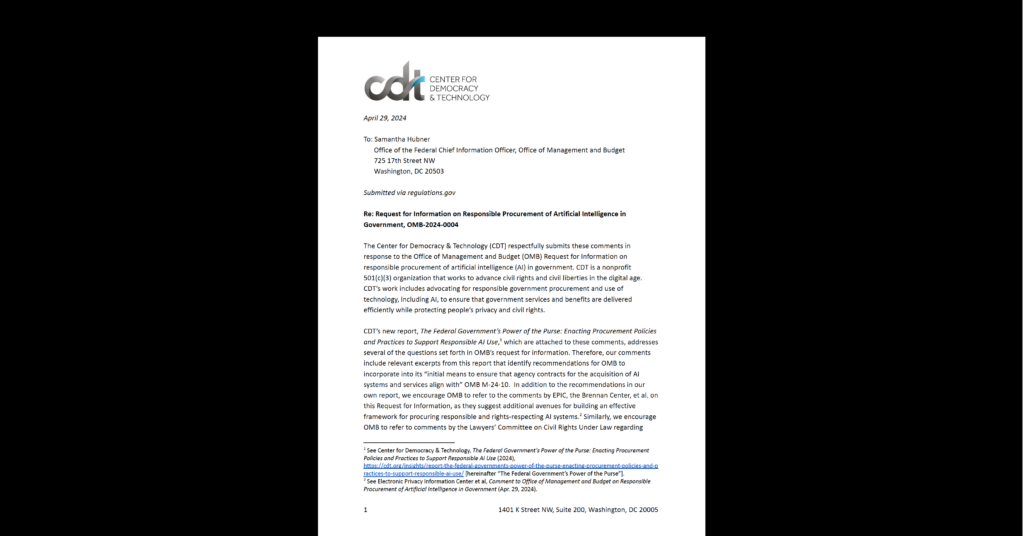Cybersecurity & Standards, Open Internet, Privacy & Data
Election Impact: Some New Faces, But No “Reset” for Tech Policy Debates
There will be some new faces next year. But with the Administration and both houses of Congress remaining in the same hands, the election’s main outcome for tech policy is that there won’t be any immediate U-turns or game-changers in the ongoing debates over important issues like cybersecurity, privacy, and Internet neutrality.
A second-term for Obama means that the Administration’s existing technology policy initiatives can continue. The Administration can keep working on an executive order to address cybersecurity. NTIA can proceed with its multistakeholder effort to flesh out some privacy principles for the world of mobile computing. The FTC can continue to be aggressive on privacy issues. The FCC will continue to back Internet neutrality safeguards, subject to the legal challenge currently underway in court.
Congress, meanwhile, remains divided. That means partisan legislation isn’t likely to pass. Of course, many tech issues needn’t be particularly partisan — but where issues get dragged into the political realm, as happened in the case of Internet neutrality, legislative stalemate is the only likely result. CDT will continue to push for legislation on matters like ECPA reform, where we believe there is a broad coalition that can command bipartisan support.
In terms of individual policymakers, the election will usher in some significant departures. Senators Lieberman and Hutchison have been important players on cybersecurity. Representative Howard Berman has been a major voice on online copyright issues, as a strong supporter of Hollywood and an original cosponsor of SOPA. Representative Bono Mack, a key figure in online privacy debates as well as copyright, appears to be in jeopardy. So does Rep. Lungren, an active voice on cybersecurity. Come next year, as new committee assignments and chairmen are named, CDT looks forward to working with the new and returning Members of Congress who seek to be actively engaged on technology policy matters.


